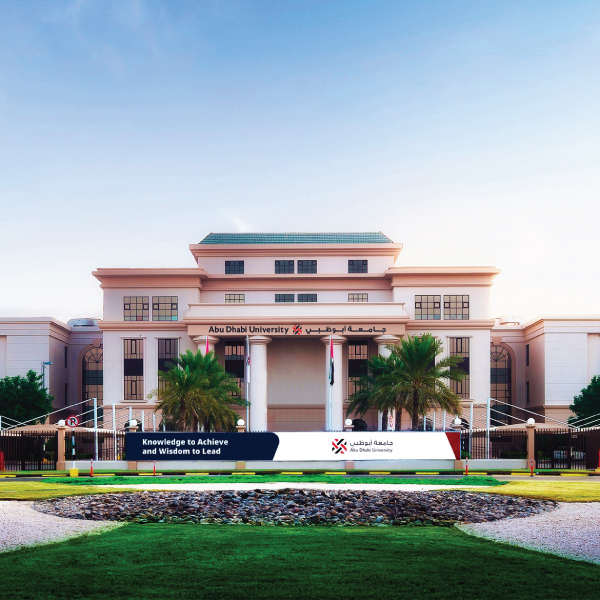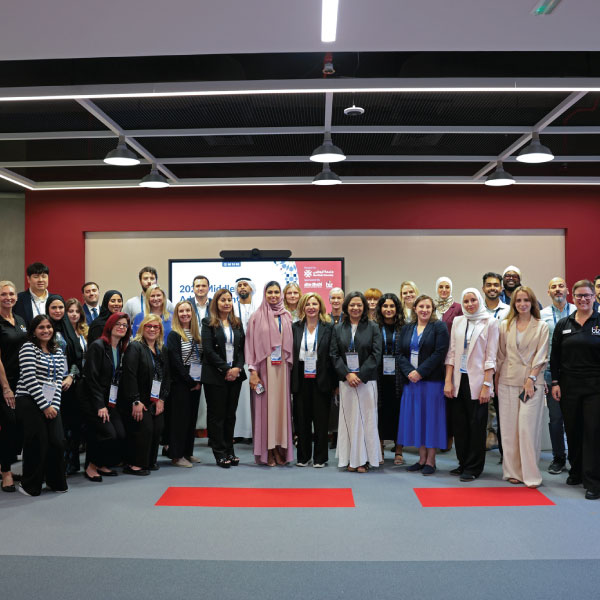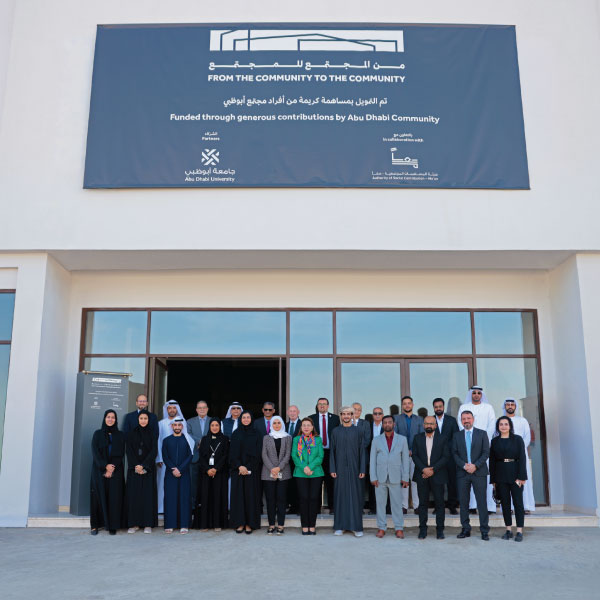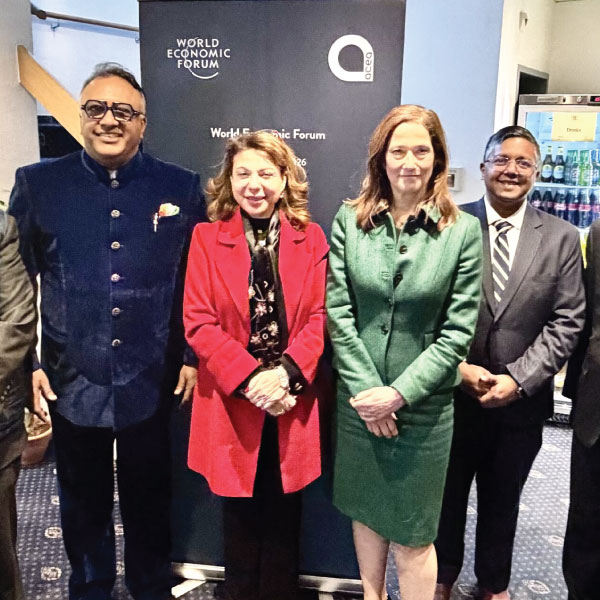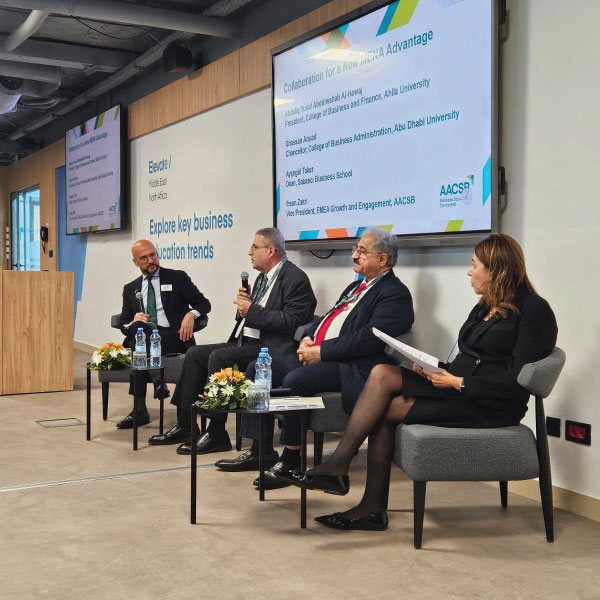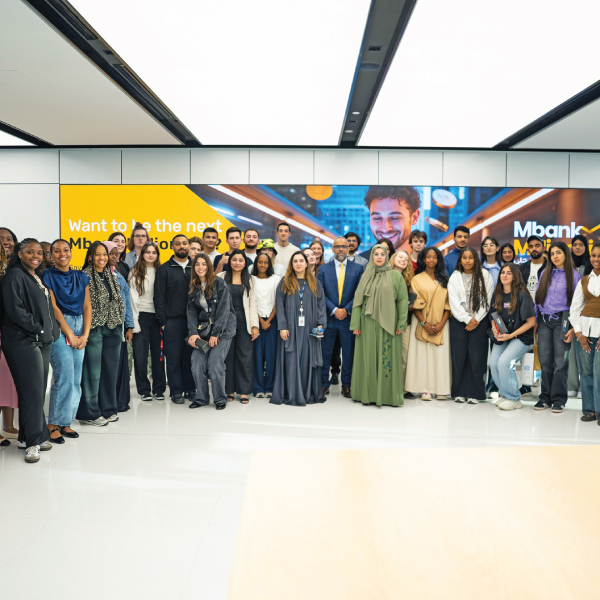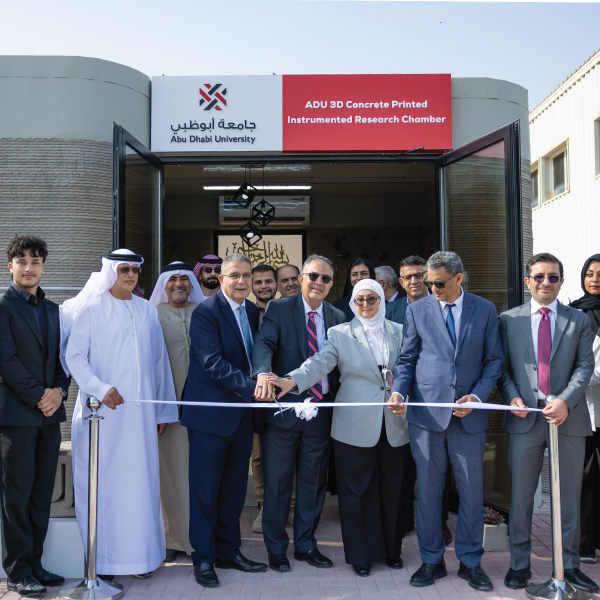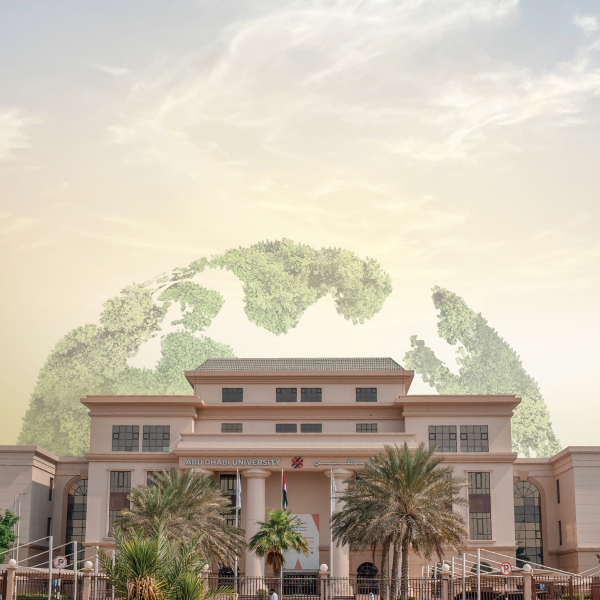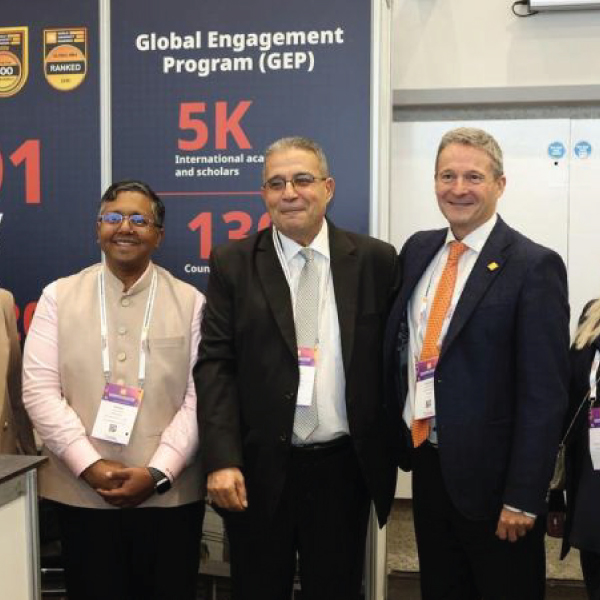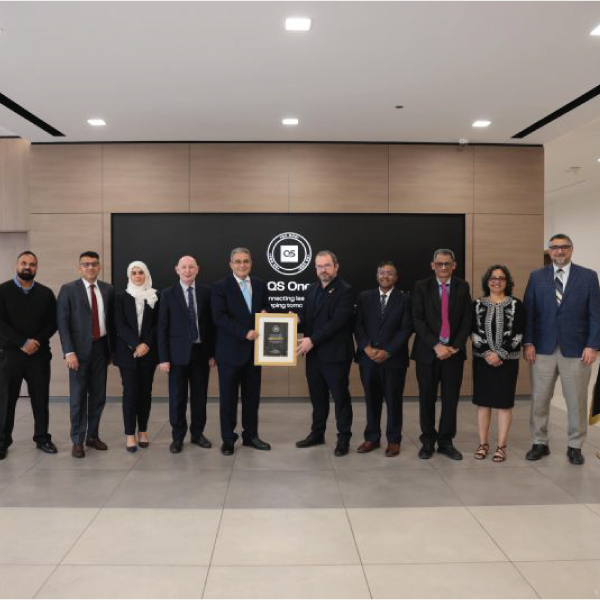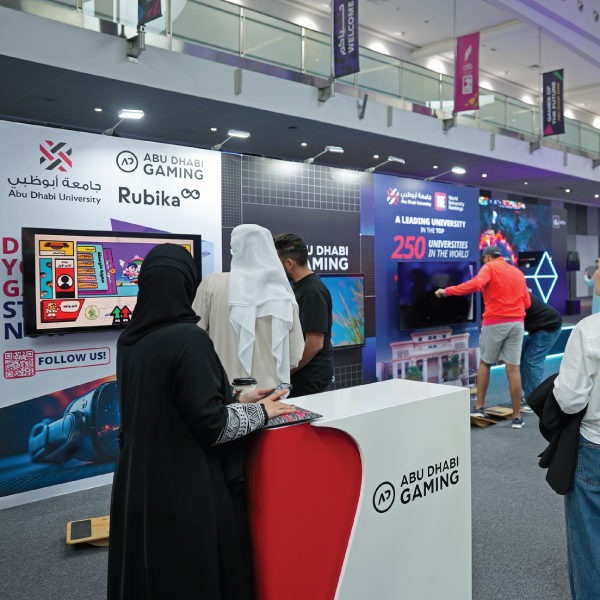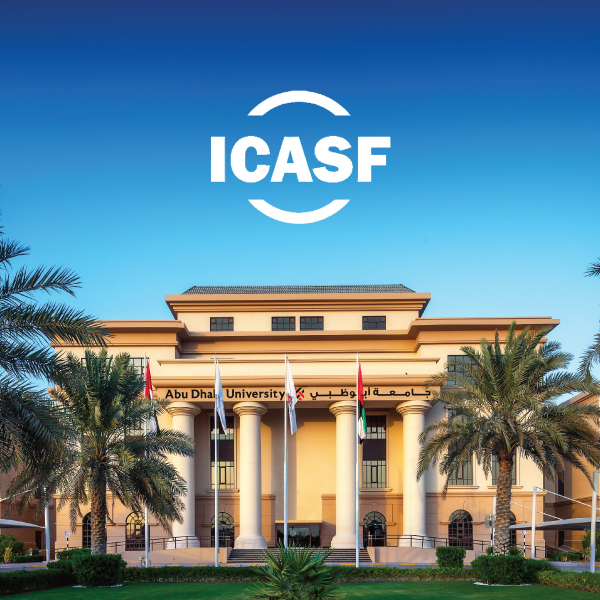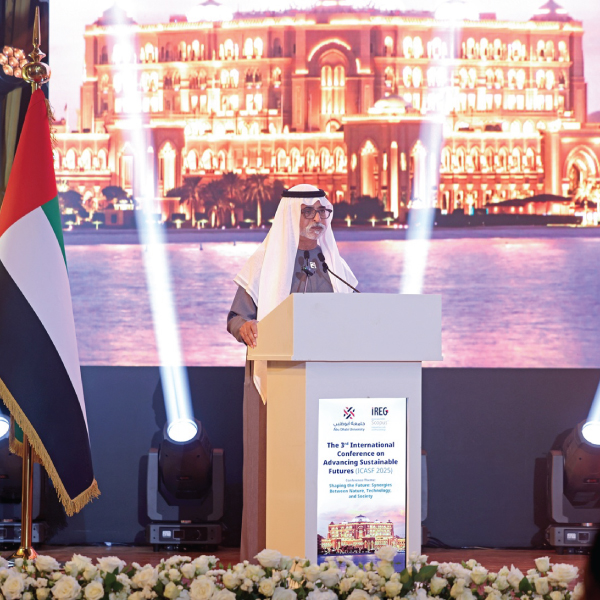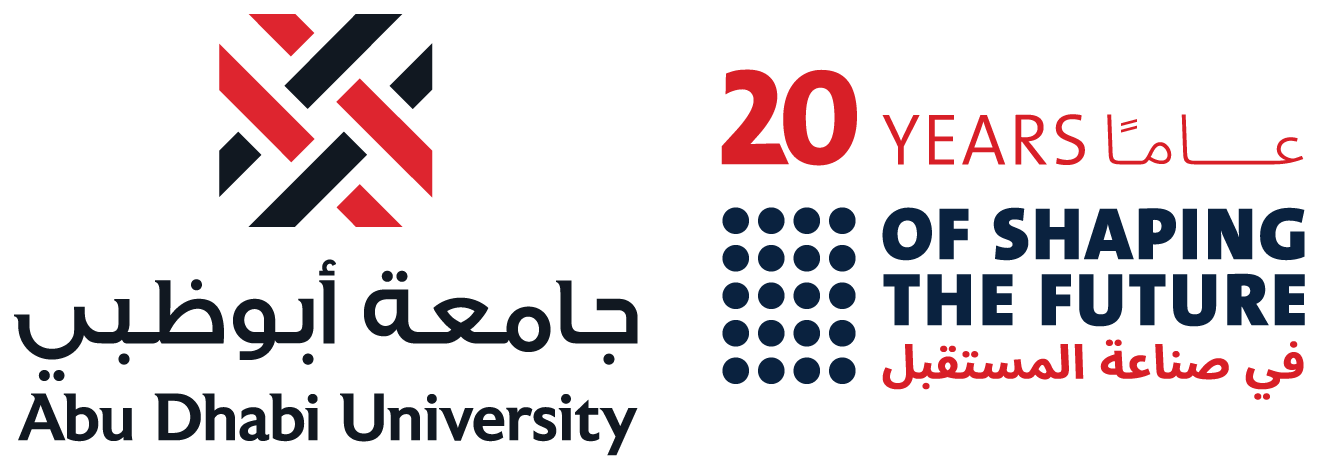17 February, 2026
Abu Dhabi University Reaches Major Milestone Surpassing 5,000 Scopus-I...
13 February, 2026
Abu Dhabi University Leads Regional Dialogue on Advancing Education in...
10 February, 2026
Abu Dhabi University and Authority of Social Contribution – Ma’an Inau...
03 February, 2026
Abu Dhabi University Participates in the World Economic Forum 2026 in ...
03 February, 2026
Abu Dhabi University Joins Open Masters Games Abu Dhabi 2026 as an Off...
29 January, 2026
ADU Welcomes Texas A&M University Delegation
29 January, 2026
ADU Contributes to Dialogue on MENA Collaboration at AACSB Elevate 202...
21 January, 2026
Abu Dhabi University Signs an MoU with Korea University and Completes ...
19 January, 2026
Abu Dhabi University inaugurates research-driven 3D concrete printed r...
29 December, 2025
2025 UI GreenMetric World University Rankings
29 December, 2025
QS Reimagine Education Awards and Conference 2025
29 December, 2025
Membership of QS One Network
24 December, 2025
Games of the Future Abu Dhabi 2025 witness Abu Dhabi University’s next...
16 December, 2025
Abu Dhabi University Announces 3rd International Conference on Advanci...
15 December, 2025
Nahyan bin Mubarak Inaugurates The 3rd International Conference on Adv...
